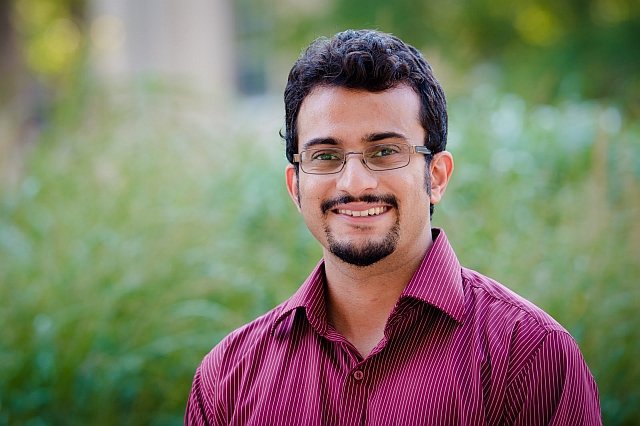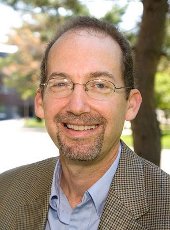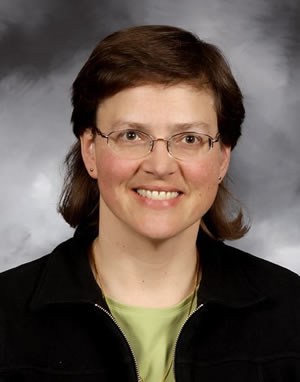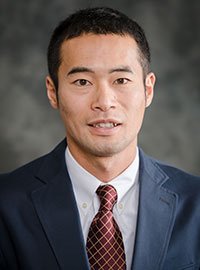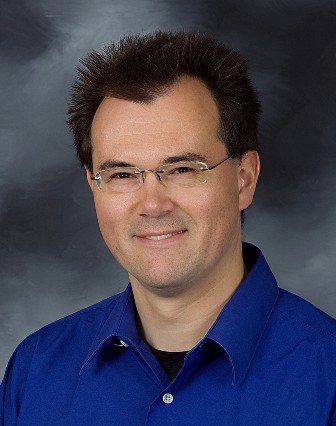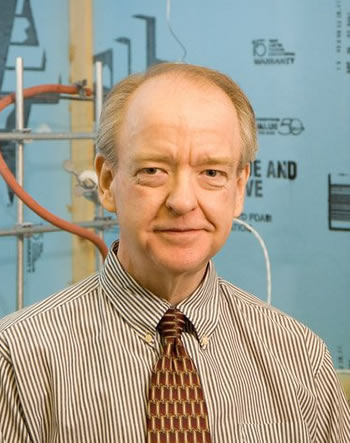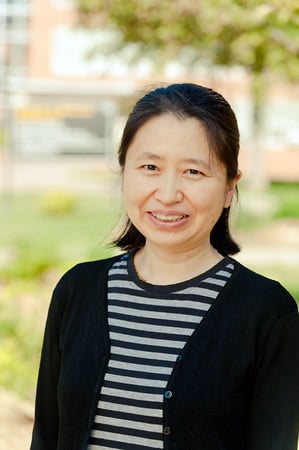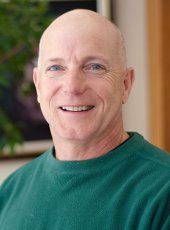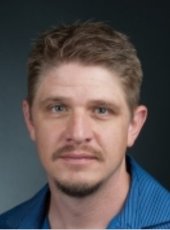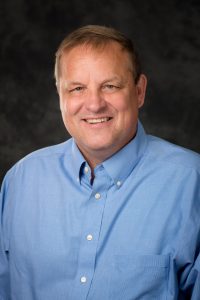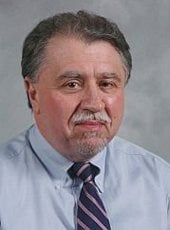Janet Callahan, dean of the College of Engineering, has selected our fifth Deans’ Teaching Showcase member—Aneet Narendranath, senior lecturer in the Mechanical Engineering – Engineering Mechanics department.
Narendranath received his PhD in mechanical engineering from Michigan Tech in 2013. Prior to starting as a lecturer at Michigan Tech in 2015, he worked on a research problem as part of a one-year professional development opportunity through a collaboration with the French Nuclear Commission as an Engineer-II.
Since his return to Tech, Narendranath has built a reputation as a creative and inspiring teacher. He is passionate about exposing his students to the latest advances in research in the courses he teaches. His efforts have resonated with the students, as evidenced by his selection as a finalist for the ME Teacher of the Year award for the past two years.
This selection is especially notable considering that he’s been asked to teach a wide variety of courses from sophomore to graduate-level. Narendranath has taught statics, thermodynamics, mechanics of materials, heat transfer, ME Practice 2 and 3, finite element methods, computational fluids engineering, advanced fluid mechanics, and has served as a senior design project advisor.
Callahan selected Narendranath, however, for his “work on integrating big data into the mechanical engineering curriculum and his eagerness to share his teaching innovations by regularly publishing at conferences.” In the fall of 2018, the ME-EM department started a curriculum innovation to determine the knowledge and critical skills for the ME undergraduate and graduate curriculum of big data, machine learning, and artificial intelligence for our students to use in the solution of engineering design problems. This 3-year effort includes choosing topics and determining courses, and Narendranath immediately took the challenge.
As he implements these curricular innovations, Aneet has begun publishing and presenting them in premier engineering education journals and conferences. He made presentations at the national ASEE conferences in 2016 and 2017 with another pending review in 2020, and has publications pending in 2020 with IEEE and the International Journal of Mechanical Engineering Education.
Narendranath has also innovated and published in his long standing role as the coordinator of the ME-EM Engineering Learning Center (ELC). Here, he designed, wrote the source code, and implemented a Raspberry Pi-based Learning Center usage tracking system for optimal resource allocation. The system uses data gathered from the operation of the ELC to show trends in usage, which can be used to indicate which courses are using the centermost frequently, enabling the ELC to arrange for cost effective staffing. This work was published in IEEE Frontiers in Education in 2018.
William Predebon, Narendranath’s chair, summarizes by saying “Narendranath has a passion for learning, and that passion comes through in his teaching. He is a thoughtful and dynamic instructor with groundbreaking and inspirational ideas that serve to enhance the educational experience of the students in his classes.”
Narendranath will be recognized at an end-of-term luncheon with other showcase members, and is also a candidate for the CTL Instructional Award Series (to be determined this summer) recognizing introductory or large-class teaching, innovative or outside the classroom teaching methods, or work in curriculum and assessment.
